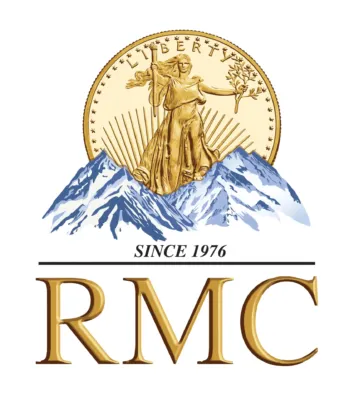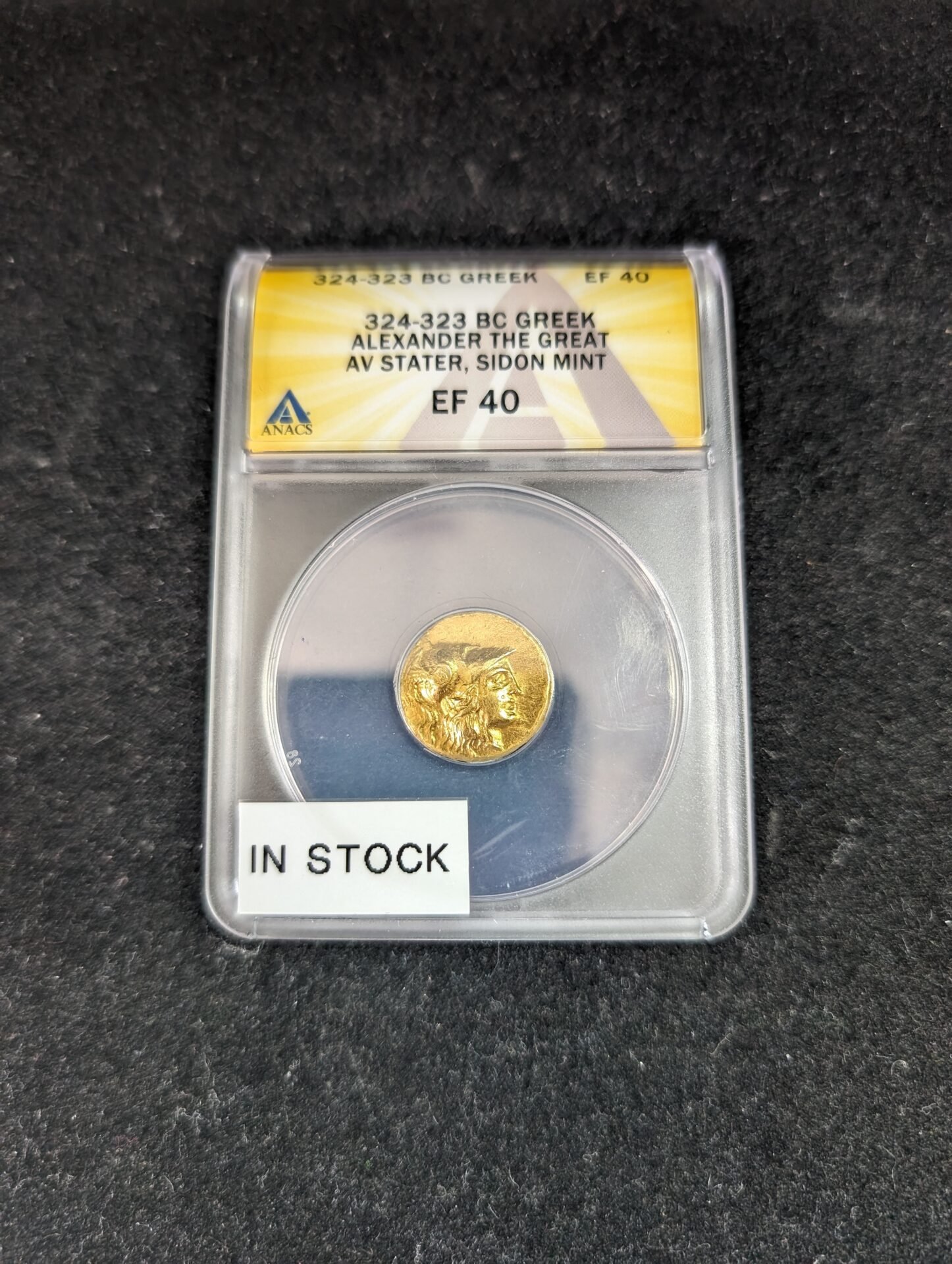How to Determine If Your Coins Are Valuable
Investors are always looking for more ways to grow wealth for the future. Collecting coins is a popular and enjoyable investment opportunity, but not every coin is worth collecting, and even rare coins may not be worth much if they are in poor condition. If you are interested in coin collecting or you’ve already started, keep reading to learn how to determine if your coins are valuable.
Is the Coin Bullion?
Bullion coins are crafted from a standard weight of gold, silver, or platinum. For this reason, they don’t just serve as coins: they serve as an investment. As the cost of gold, silver, and platinum rise, so does the value of your bullion. Of course, if the price of precious metals suddenly drops, so does your investment.
Some bullion coins are worth more than the precious metal from which they were crafted. Gold bullion coins like the American Eagle, South African Krugerrand, and the Canadian Maple Leaf are all popular coins, making them desirable and valuable.
Is the Coin Uncirculated?
Circulated coins are the coins people use every day to pay for goods and services, and they are usually only worth face value. So what’s an uncirculated coin? According to the U.S. Mint, the term can have three different meanings. First, it can be a coin that simply hasn’t ever been used as traditional tender, and second, it may be used to describe the coin’s condition.
Third, an uncirculated coin is specifically designed to be collected rather than spent. They are crafted in a different type of coin press that leaves the coin much smoother and shinier than some other coins, including bullion coins.
One benefit to buying uncirculated coins is that they are an affordable option because they are made the same way circulating coins are made, but they are still made from precious metals. Uncirculated coins may portray the same designs as circulating coins or they may have unique designs.
Is the Coin a Proof?
A proof coin is the most beautiful type of coin. It’s pressed twice to give it a smooth, mirror-like background and a frosted foreground. One benefit to a proof coin is that the value doesn’t solely depend on the value of precious metals.
Proof coins have limited mintages, making them rarer than bullion coins and uncirculated coins. As a result, they tend to hold their value better as the price of precious metals changes.
What Is the Condition of the Coin?
The condition of the coin plays a huge role in the value. Usually, proof coins are stored well, so they are nearly always in great condition, but bullion, circulated, and some uncirculated coins may show wear and tear. Naturally, circulated coins tend to have the most wear and tear because they have been used as legal tender.
The scale for grading coins stats with (P-1) Poor, which is a coin that is barely recognizable and may even have damage. Depending on the condition of the coin, it may be rated anywhere between poor and mint state perfect. Mint state perfect coins have no flaws, even flaws that can only be seen under eight-times magnification.
The value of your coins depends on three major factors: the type of coin, the rarity or demand for the coin, and the condition of the coin. In good condition, even a rare, circulated coin can be a great addition to your collection. If you would like to learn more about coin collecting, contact us at Rocky Mountain Coin today. We can help you understand the value of your collection or find the right new coins to add to it.




